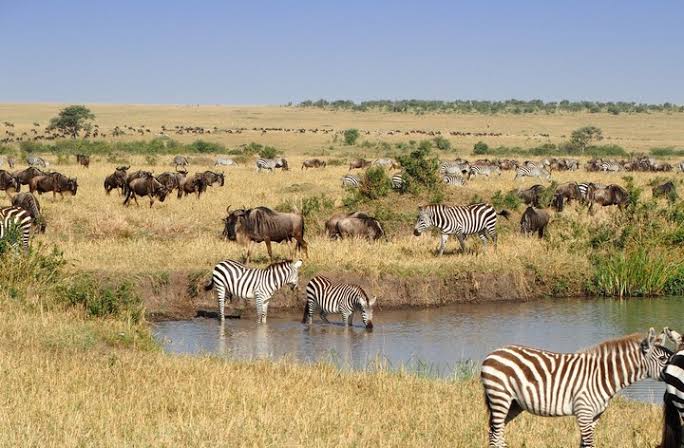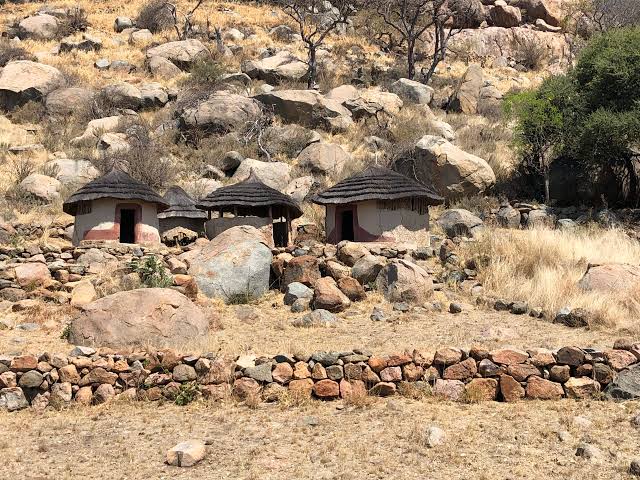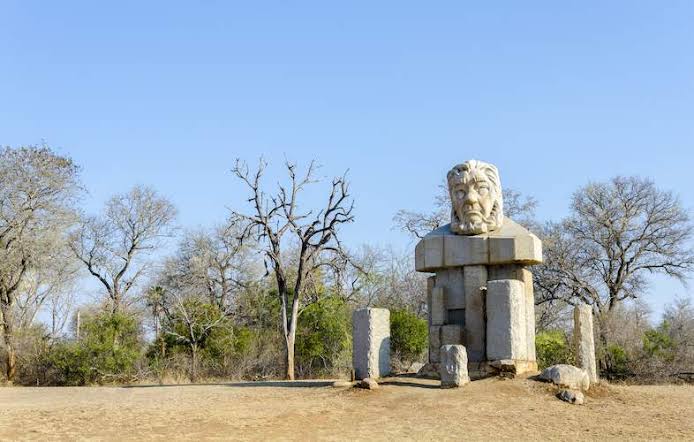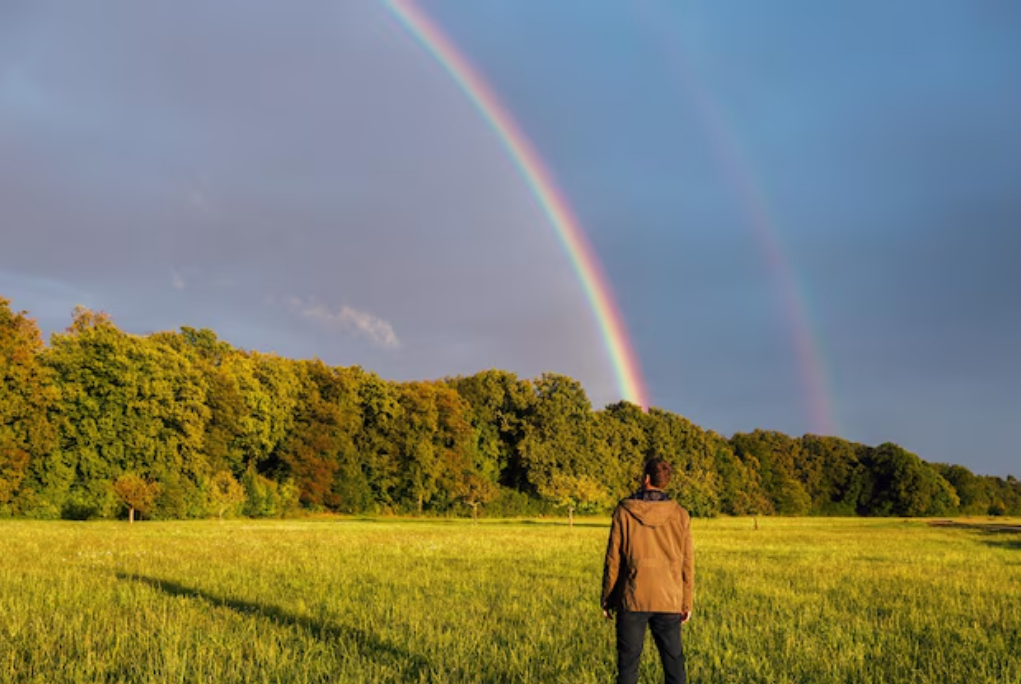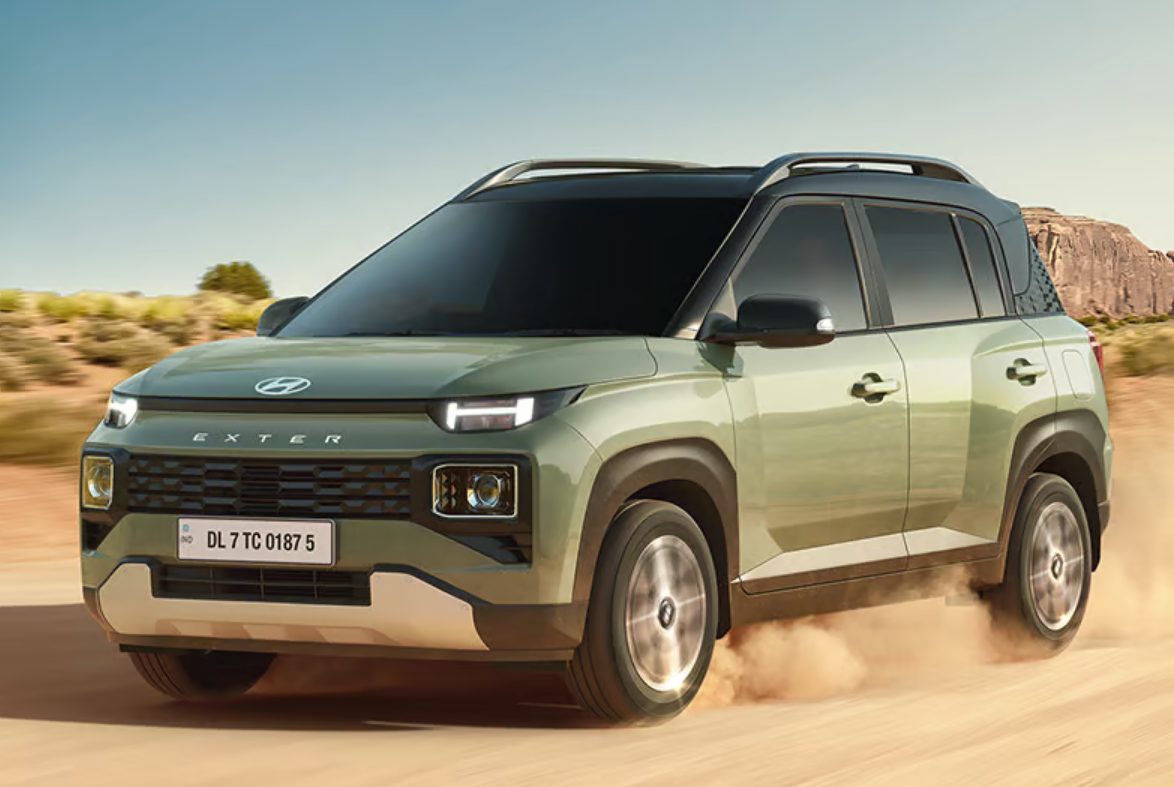Kruger National Park’s sprawling wilderness not only preserves iconic wildlife but also nurtures communities and cultural heritage, forging a legacy that endures far beyond its borders. Credits: Kruger National Park, African Overland Tours & Museum Explore SA
By Duncan Mnisi
Kruger National Park, South Africa — Renowned as Africa’s flagship wildlife sanctuary, Kruger National Park attracts between one and two million visitors annually, solidifying its status as both a cultural and natural icon.
Celebrated locally and internationally, the park’s majestic landscapes and diverse ecosystems symbolize South Africa’s rich heritage and enduring commitment to conservation.
Founded in 1898 as the Sabie Game Reserve and later renamed in honor of President Paul Kruger in 1926, the park has grown into one of Africa’s largest and most iconic reserves, covering over 19,485 square kilometers.
Its expansive wilderness has not only preserved countless species but has also woven itself into the fabric of surrounding communities.
While the park’s grandeur often takes center stage, behind the scenes are stories of resilience, economic empowerment, and ongoing challenges. Local residents recount how Kruger’s presence has transformed their lives, offering employment and opportunities in tourism, conservation, and entrepreneurship.
M.E. Zwane, a community member living near the park, affirms: “The presence of Kruger National Park has provided employment, career opportunities, and a sense of pride for our community.”
To foster sustainable development, the park’s administration established the Kruger Wildlife College, which provides short-term training programs for locals. Graduates often emerge as tour guides, rangers, environmental educators, and conservationists, fueling the growth of eco-tourism.
Faith Ngwenya, an environmental educator with the Timbavati Foundation, shared her perspective: “It’s a privilege to be part of a tourist destination that has changed our lives and opened doors for so many of us.” The foundation’s educational programs include school visits and community outreach, enabling young people to learn about conservation firsthand.
Manyeleti Game Reserve, adjacent to Kruger, has long served as an educational hub, hosting school groups from across South Africa—especially during September, when free community visits are organized. These initiatives aim to inspire a new generation of conservationists and eco-tourism entrepreneurs.
However, the park’s success does not come without challenges. Community members voice concerns about safety, particularly when wild animals escape and pose risks to nearby residents.
Sylvester Shabangu, a park ranger, explains: “When predators like lions escape the boundaries of Kruger, communities become vulnerable. It’s a serious issue that requires ongoing vigilance.”
Thanks to cooperative efforts between park authorities and local communities, incidents of animal escapes are often swiftly managed. “We rely heavily on local informants to alert us when wildlife ventures beyond designated areas, enabling us to recover or redirect animals safely,” Shabangu adds.
Beyond conservation and safety, Kruger National Park has become a catalyst for local economic growth. Small businesses—ranging from guesthouses and traditional food stalls to arts and crafts shops—have flourished in nearby communities like Manyeleti, turning these areas into vibrant economic hubs.
Furthermore, the park serves as a living museum of cultural heritage, preserving traditional dances, arts, attire, and crafts that reflect the diverse tribes of the region. These cultural expressions are intertwined with the park’s natural landscape, creating a unique tapestry of heritage and wildlife.
As South Africa’s national treasure, Kruger National Park continues to symbolize the nation’s natural beauty and resilience. It stands as a testament to the delicate balance between safeguarding wildlife and empowering local communities.
In the words of Zwane: “Kruger is more than just a park; it’s a source of pride and livelihood for our people. Its stories are still being written, and we are all part of this ongoing narrative.”
